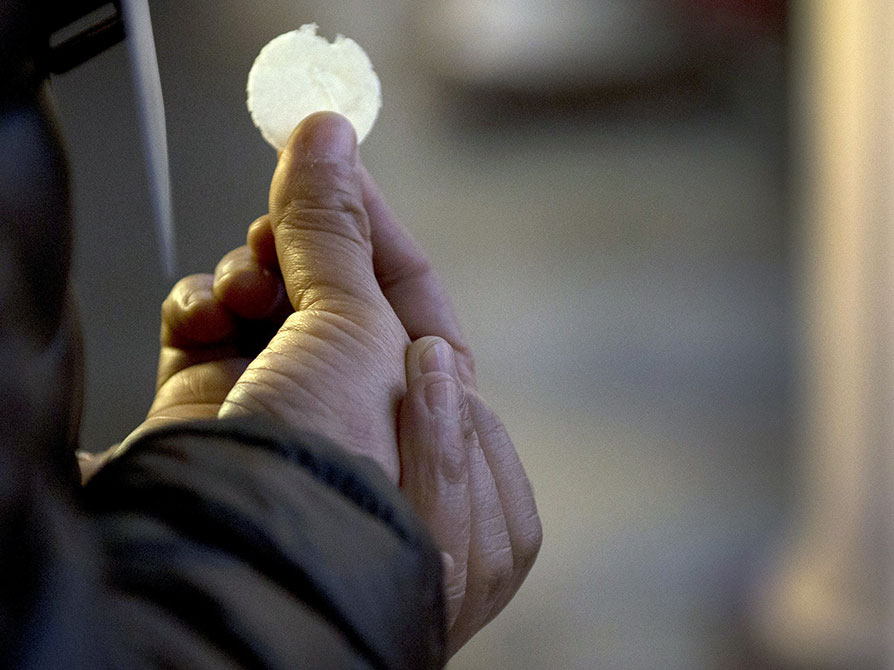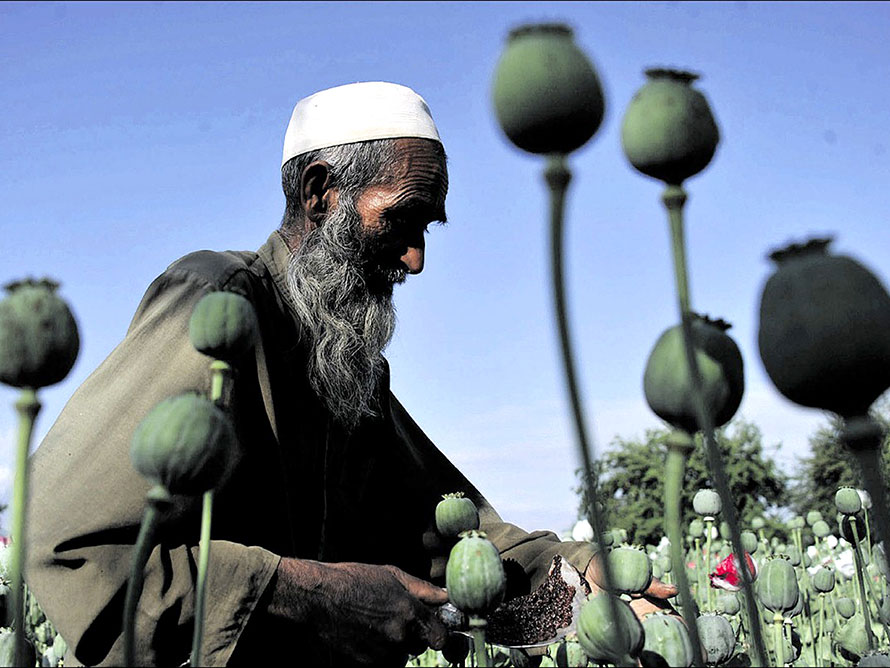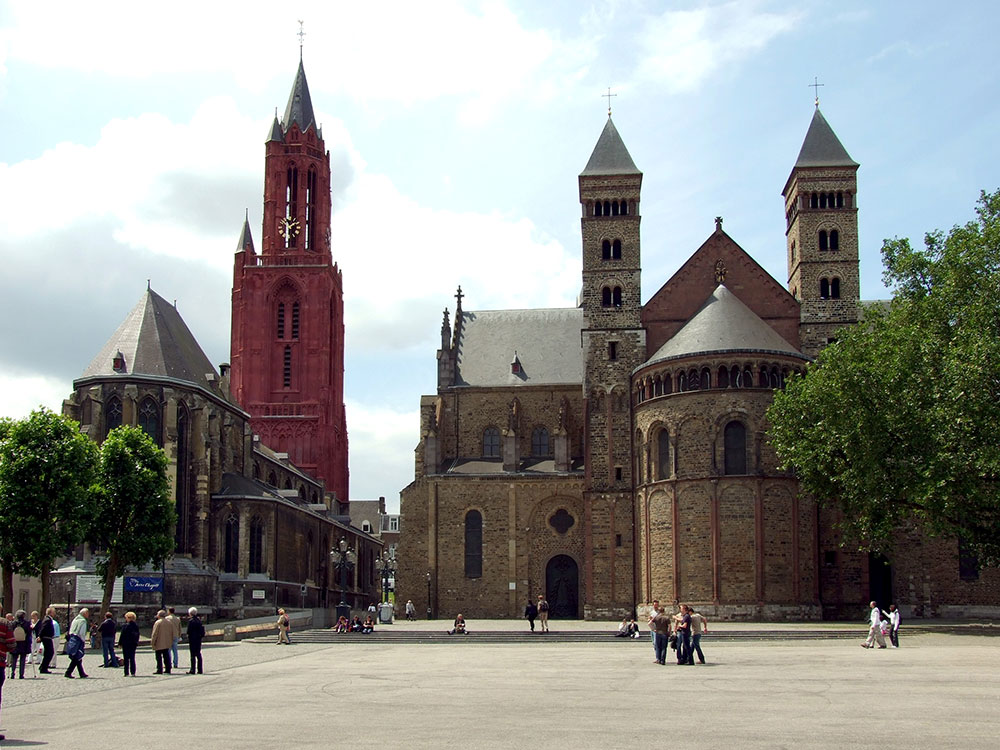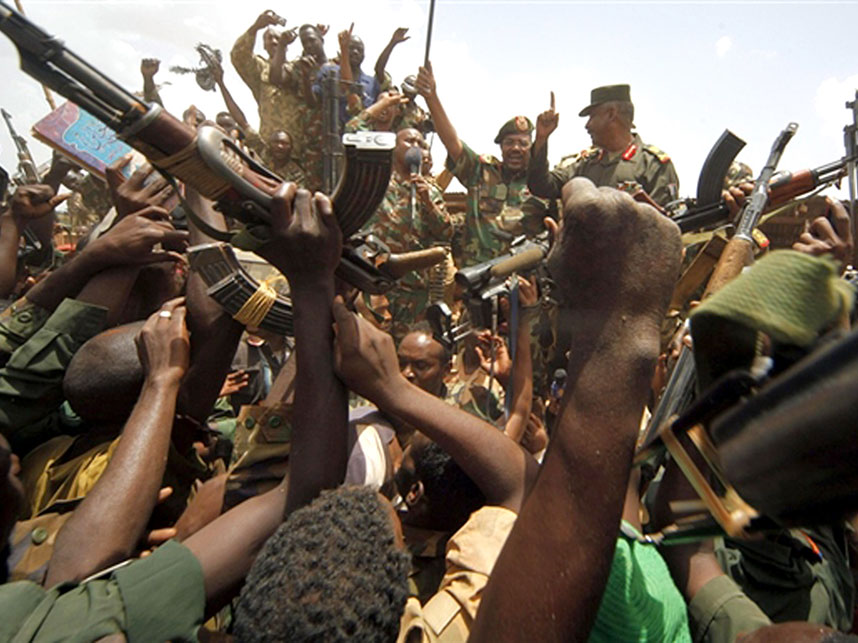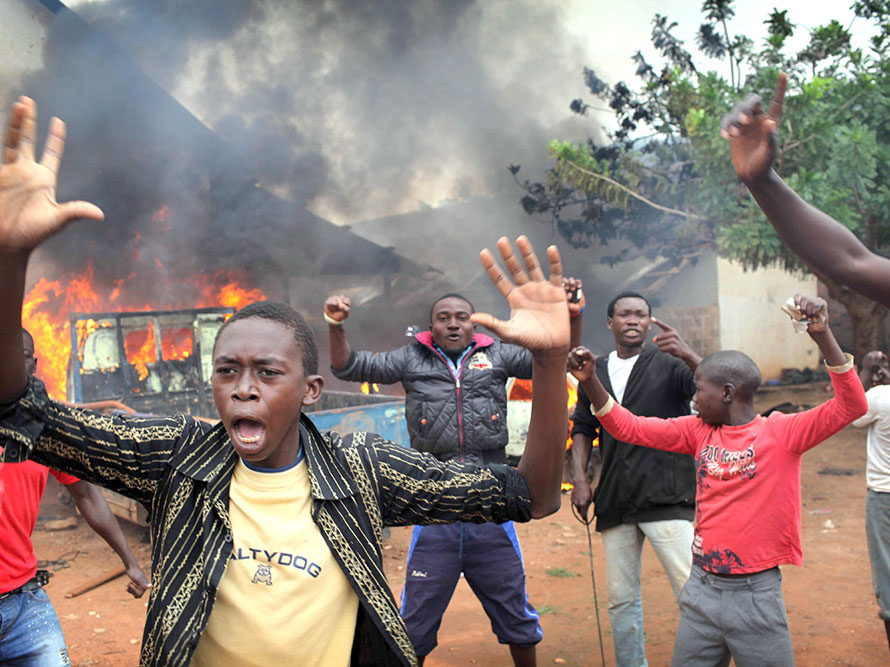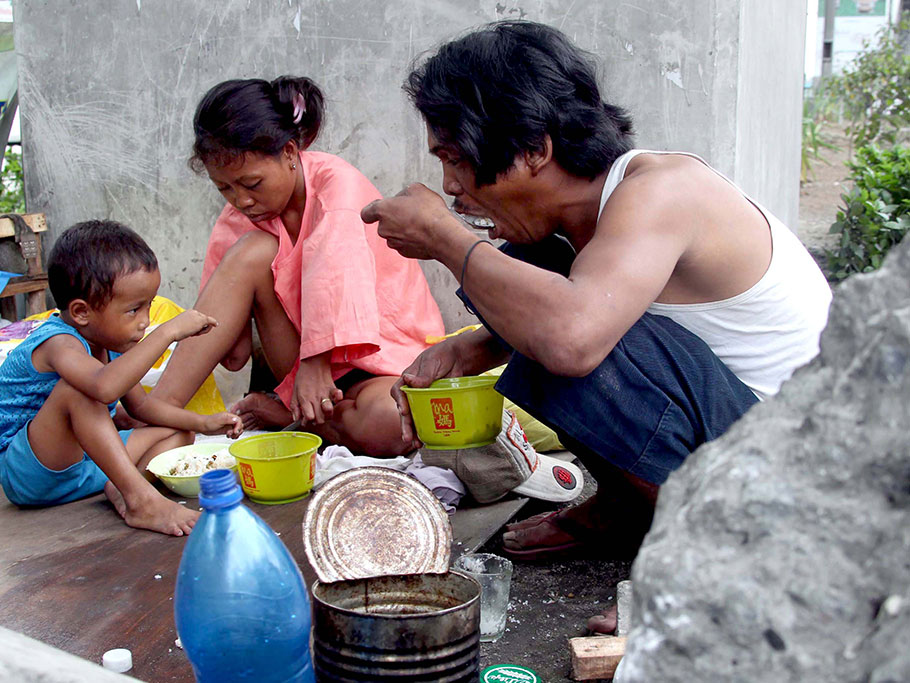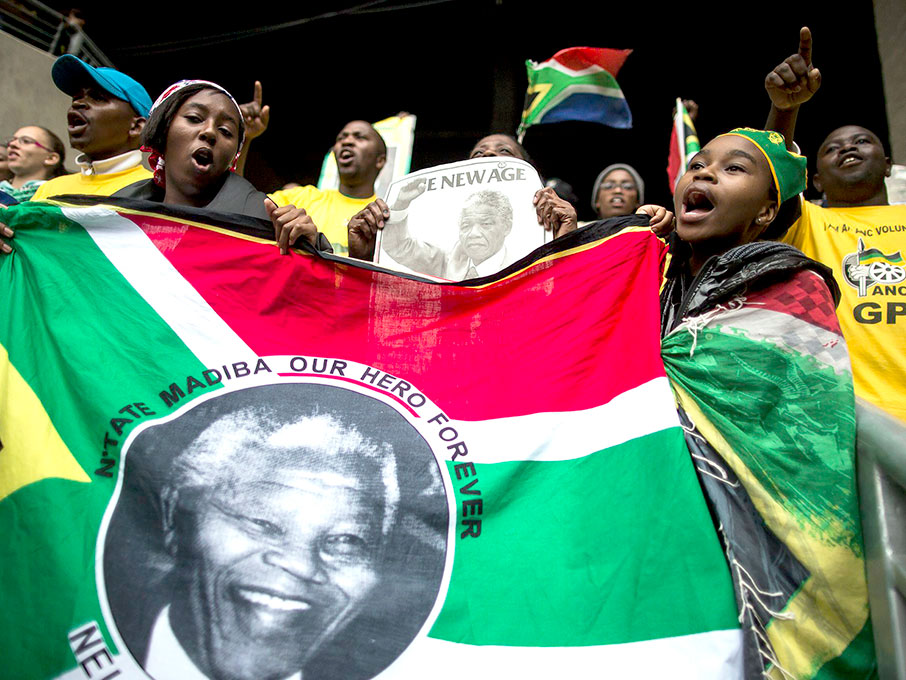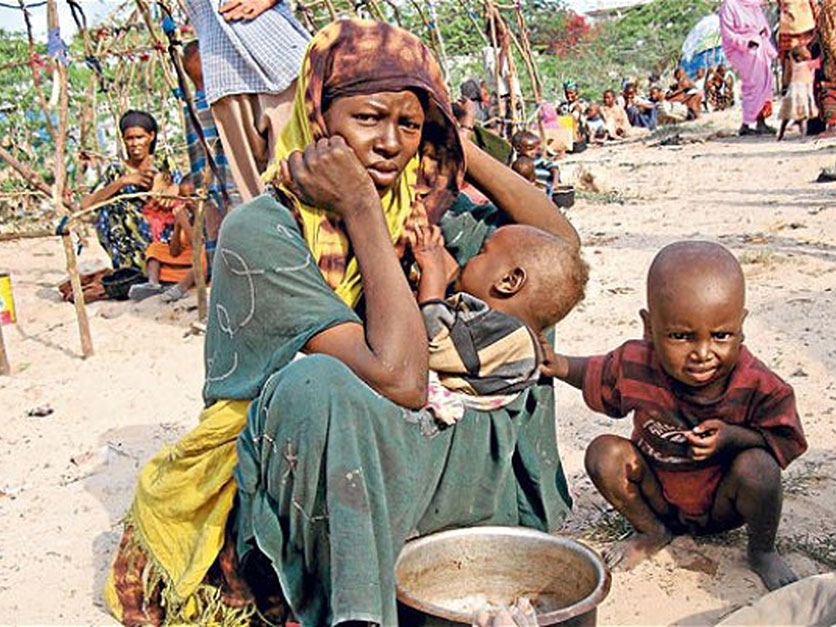The Father, in order to move Peter to go to the pagans, mobilizes both heavenly and earthly troops. He gives trouble even to Himself and to the Holy Spirit. What is at stake is the Son’s identity and His own. The first Pope, future bishop of the pagan Rome, although reluctant and with many questions, is compelled to encounter those whom he would better avoid. Peter doesn’t know the sense of his vision and why he should follow the three men. Neither does he know what to say or do with Cornelius. He will understand slowly from what is happening. Reality is the only teacher. Unwillingly, and escorted by six brothers (Acts 11:12), he follows the soldier and the other two who have received the order to take him to Caesarea. Cornelius has been waiting for him for four days. Seeing him, he throws himself at Peter’s feet in order to adore him. Peter, however, lifts him up saying: “I, too, am a human being!” It is the great conversion: Peter acknowledges to be a human being himself like any other, like the Son of Man who is Son of God.
Entering the house, he finds “that many had come together.” We also belong to that gathering. Behind that door, there are the masses of the pagan world into which Peter enters as a guest. Guest is whoever adapts to whoever is the host. The true residence of the Christian is not the Church but the world, that lost world on behalf of which God has given His Son.
Peter hurries to declare that, as a Jew, he could not enter. But God “has already shown him that no human being should be called common or unclean.” Peter and Cornelius tell each other their visions. They are so important that, in Chapters 10 and 11 of the Acts, they are continuously repeated: four times Cornelius’ vision and three times Peter’s. We must remember them often. They spell the most important truths, those that we tend to forget, putting them down as taken-for-granted platitudes. Neither of them knows how the story will end.
Cornelius says to Peter: “I sent for you at once, and you have been kind enough to come. Now, therefore, we are all here present in the sight of God, to hear what you have been commanded by the Lord.” In the same house, two different worlds: the Jewish and the pagan are meeting. It is the fulfillment of the blessing promised to Abraham (Genesis 12:1-3): all human beings are blessed children of God because they are brothers and sisters among themselves (Cf. Psalm 87). It is the very mystery of God, Father of all, now revealed to all. On Jesus’ cross, every enmity is overcome: “For He is our peace, who has made us both one people, and has broken down the wall of hostility, by abolishing in His flesh the law of commandments and ordinances, that He might create in Himself one new human being” (Read: Ephesians 2:14-21; Cf. Colossians 1:25-27; Romans 16:25-27).
Now Peter understands that all human beings are his brothers and sisters, loved by the Father and redeemed by the Son’s love. This is the Gospel that God is ordering him to proclaim. Now he knows what to say: it is the “Apostolic Creed” (vv. 36-43). Our faith does not consist in an ensemble of doctrines and laws, but in Jesus’ story: life and miracles, death and resurrection. It is Jesus, crucified by our sins, who is the Judge of all. It is Jesus Himself, with His love, who frees us from every fault. As we can see, dogmas are not ideas, but the account of what Jesus did and is doing in order to give us back our life, which is His own as Son of the Father.
This is Peter’s last sermon in the Acts. The conversion to Christ of the pagans is executed and willed directly by God. The Father’s true fatigue was Peter’s conversion to the pagans. It was hard to overcome his resistances in order to make him a true disciple of the Son. At last, Christianity opens itself to its universal mission: it welcomes all human beings as brothers or sisters in their diversity.
The Holy Spirit comes down on the listeners who were not yet baptized and without Peter’s invocation. He is already hidden in the heart of every person. In order to come to light, He only waits for the Word of the Son. © Popoli – www.popoli.info



